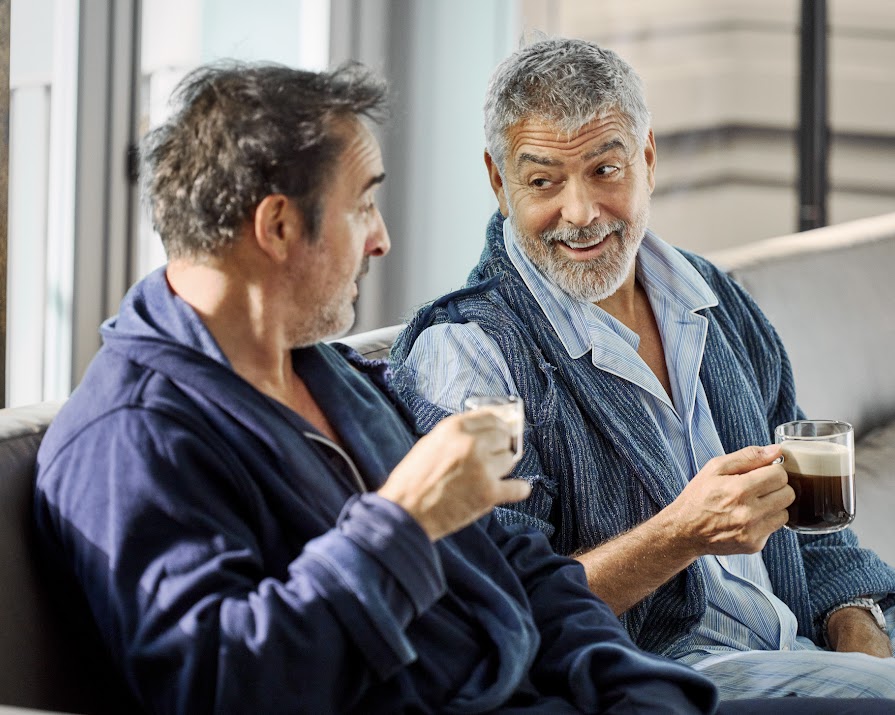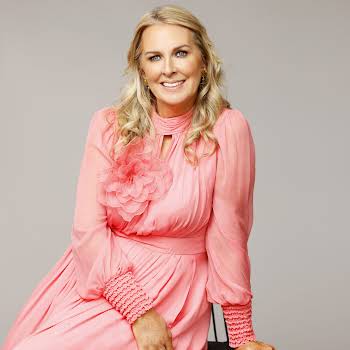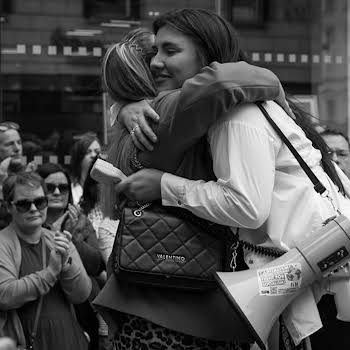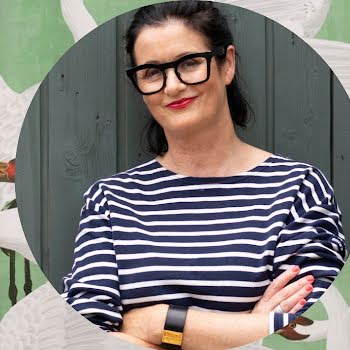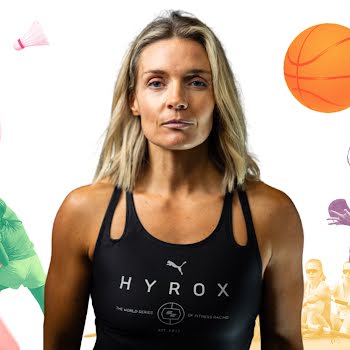
Can celebrity endorsements change the world? It’s complicated
By Amanda Cassidy
04th Dec 2022
04th Dec 2022
George Clooney made coffee sexy. Of that, there's no dispute. But now many major brands are beginning to understand that having celebrity influencer as part of their campaign is about so much more than just a pretty face. Social responsibility, ethical practices and sustainability are fast becoming priority when creative teams are planning their campaigns. And aligning the stars is an art form in itself. Amanda Cassidy reports.
Clooney, as lacadonial as always, raises an eyebrow in challenge to his co-star Jean Dujardin to battle over the last capsule for Nespresso’s latest advertisement. An action-comedy scene ensues that sees both end up sitting contently on the couch alongside ‘Call my Agent’s’ Camille Cottin sipping the rich dark liquid.
The latest offering comes eight years after Clooney first appeared in one of the brand’s campaigns. But things have evolved since the actor first brought his sardonic take to the world of caffeine capsules.
Transparency
No longer content to accept a famous face to influence buying, consumers are demanding more of their influencers at the same time brands are becoming more conscious of their social responsibilities.
The Nespresso ad is the perfect example of how it got it right. As part of it, their new empty cup campaign features Clooney holding an empty coffee cup as a symbol of the risk facing many coffee growers around the world, of which over 140’000 work directly with Nespresso.
“For many of us, coffee plays a hugely important role in our daily lives” Nespresso UK & ROI CEO, Anna Lundstrom said. This year, we’re also looking beyond the cup to spotlight the very real threat of climate change to the future of the world’s favourite beverage, and the livelihoods of millions who depend on it.”
Empowering farming communities to protect their land against weather shocks while simultaneously combatting the causes of climate change is critical to the future sustainability of high-grade coffee. It’s something that Clooney also believes in.
“The threat of climate change is real and coffee farmers are on the front line. It’s vital that we empower these communities to build financial and environmental resilience, so that they not only survive but thrive and prosper,” says Clooney.
The Empty Cup showcases just one example of what we stand to lose should we not take climate action seriously, there are far greater and more serious consequences for our future.
But can ‘green glamour’ change behaviour? And what about the accusations that huge brands are simply jumping on the ‘greenwashing’ bandwagon?
Actually the drive is coming from the opposite direction. As products being marketed and those influencing their growth is under deeper scrutiny than ever, consumers are paying more attention to where they spend their money. Millennials in particular, are becoming more risk-averse and now favour backing brands that focus on pro-social messaging, sustainable manufacturing, and ethical business practices.
‘Real’
In the recent study Brands & Stands: Social Purpose is the New Black, 86% of consumers stated they want companies to stand for social issues and 65% of them are likely to buy from such companies.
Influencer marketing buzzwords like authenticity, organic or engagement have evolved in meaning online. Unlike even just a few years ago, authenticity isn’t someone telling you how fabulous a product is. Authenticity is genuine. Do brands genuinely care about the people and the planet. Do the influencers or celebrities they use to spread the message genuinely love the products they share with their audiences?
Forward-thinking brands and influencers understand that they have to genuinely care about social change and environmental impact. And that’s from where the actual changes may come – the changes that can actually change our world.
Signing up stars for endorsements is a time-tested strategy and has been effectively used by some of the top brands
in the world. But it doesn’t always work out.
Starpower
For brands, the power of a high-profile endorsement is undeniable. But so is the pain of the celebrity breakup, as we saw recently with Adidas when it ended its partnership with Ye, formerly known as Kayne West for his anti-Semitic comments. The perils of companies handing over keys to impossible to control celebs.
How influencers wares are made and its environmental impact has never been so under the spotlight. Consumers want peace of mind knowing where and how their products are made while companies benefit from showing their audiences that they care for the planet and are among a movement that impact change for all.











